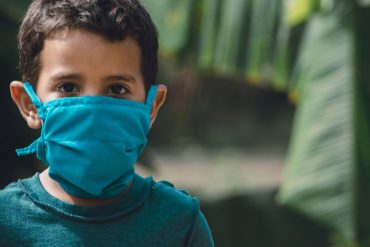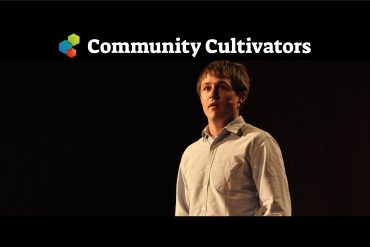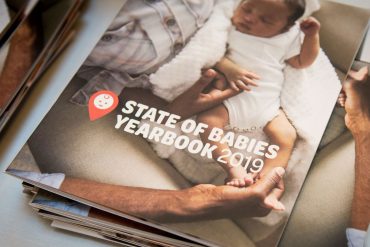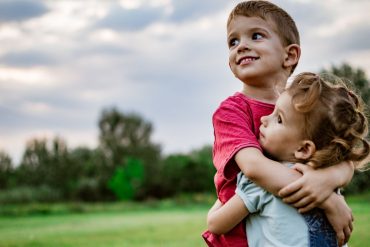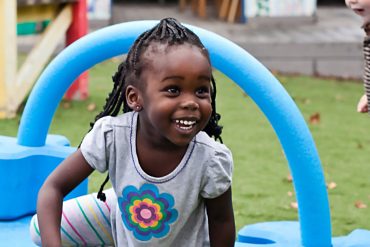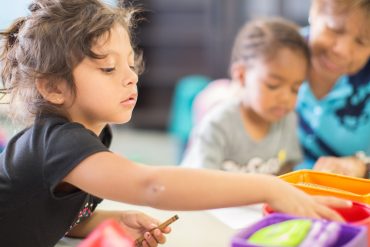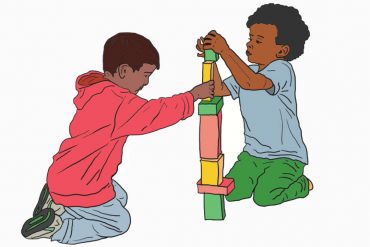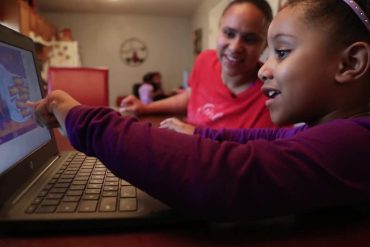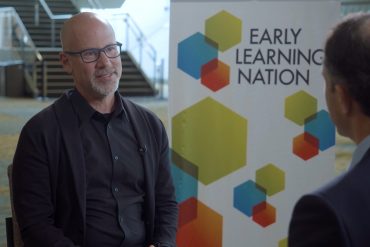The Rapid Assessment of Pandemic Impact on Development, or RAPID project, gathers essential information on unmet needs and health-promoting behaviors for...
Shared Values, Different Stories
Logan Smalley’s Vision for Building Community
Like a lot of kids, Logan Smalley liked to take his toys apart and then try (the operative word is...
Sometimes a term gets repeated so often that the meaning becomes obscure. While it might seem like we’re all talking...
Infants and young children are rarely at the forefront of state and national policy agendas. For the good of the nation and the future of our world, they should be.
What do you do when a preschooler throws a desk? For Carol Barton, project director of Early Childhood Education in...
Our kids need to put the devices down and to play outdoors more. This isn’t just another parent waxing nostalgic...
Erikson Institute’s New, Fully Funded Master’s Program for Educators of Color in Chicago
Applications Due April 21 for Educator Impact Grants
Erikson Institute’s new Master of Science in Early Childhood Education (MSECE) licensure program is designed to prepare teachers to teach...
Cokis is an immigrant mom and grandmother in Arizona. Her struggles with the trauma that she and one of her...
Did you hear the one about the marine biologist who walked into a neuroscience lab? The University of Washington’s Institute...
Those of us who watched too much TV in the 1970s probably remember commercials extolling long-distance phone calls as The...
When University of Maryland Associate Professor Geetha Ramani and her colleagues visit early learning classrooms, they’re known as the “game people.” Ramani’s research shows not only the importance of teaching math skills, but also the effectiveness of what might seem like an obvious tactic: Make it fun.
Summer’s here, and the time is right for… helping our kids hold onto what they learned during this extraordinary year....


